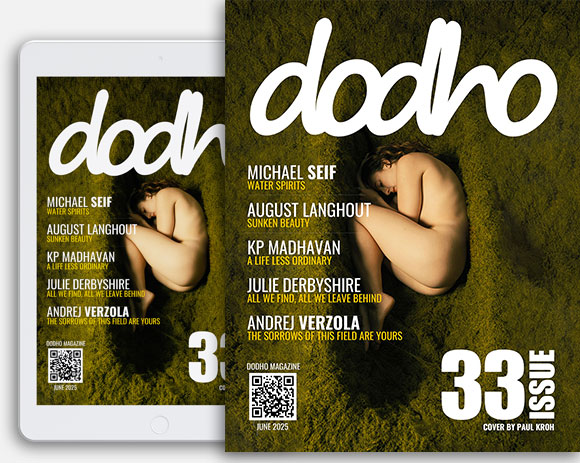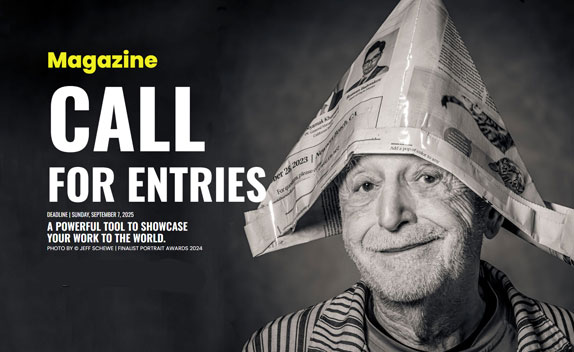The freedom of the puppet had always allowed it to explore the dark side of humanity and the taboos that would otherwise be off limits to an actor.
In his famous essay from 1810 On the Marionette Theatre, the German dramatist Heinrich von Kleist presented the puppet as a philosophical motif and consequently influenced the art of puppetry in the German-speaking world. Kleist regards the puppet as an empty vessel infused with spirit at the will of the puppeteer. Its philosophical meaning makes it a vehicle for the expression of something significant and thereby elevates it to a status which far exceeds that of a lifeless object or a mere doll attached to strings.

By the late 19th century, Puppet Theater had evolved from a nomadic, carnivalesque spectacle into a cultural attraction and during the 20th century it gradually reached the masses through television and film, establishing itself as an important aspect of popular culture. Times have changed but the puppet ultimately remained the same, for as Kleist argued, the Puppet never loses its center of gravity and is not ‘afflicted with the inertia of matter’. A puppet’s soul is revealed through its movement and function and while it may seem to vary it remains universal.
A puppet teamed with its master is a metaphor for will and the lack thereof; a symbol of interrelation and mutual control. Together they form one body where the beautiful and grotesque cross, where the morbid and ecstatic fight for dominance and where reality and fantasy appear interchangeable. Their dialogue is unique and today, perhaps more than ever, it yearns to be heard.
Theater is an art form that relies on ‘live’, direct interaction, on voice and movement that a still image cannot provide. Puppet Masters by the Berlin photographer Benita Suchodrev explores the visual and material dialogue between puppet and its ‘master’, mask and actor, character and spectator in the context of contemporary Puppet and Object Theater. The large format studio images capture the transformative facets of artistic identity through a ‘performance’ based on a non-existent script. Every pose and gesture is improvised and is as much about the performers in search of their own individual means of expression as it is about the objects or puppets with which they interact. Each image is also as much about aesthetic perfection as it is about the magic that happens when a human subject and an object ‘unite’, when dead material is animated or when the player becomes the puppet.

Through Suchodrev’s implementation of minimal or elaborate costumes, special props and the juxtaposition of unexpected and ambiguous elements, psychological and narrational nuances come into play and give rise to various personas and associations. Whether pensive, playful or sensual, each character inhabits a world of its own, provoking the viewer’s fantasy with its distinct characteristics. “At the same time, the dark and seemingly borderless studio space compels each character to play the role of a lone hero plucked out of an open narrative whose message or meaning, end or beginning also remain without borders”, says the photographer.

Puppet Masters was created by Benita Suchodrev and realized in close collaboration with selected students of the puppetry department of the renowned Academy of Dramatic Arts Ernst Busch in Berlin, Germany.
Benita Suchodrev was born in the former Soviet Union and immigrated to the United States where she received her Bachelor’s degree in Liberal Arts with a focus on Art History, followed by a Master’s degree in English Literature, graduating with high honors. In 2008 Benita relocated to Berlin and began an extensive documentation of the cosmopolitan city’s multifaceted art scene while working on diverse photographic project, which have been exhibited in solo and group shows nationally and internationally.
Her photographs have appeared in 48 Hours Blackpool (Kehrer Verlag, 2018), Nachtleben Berlin: 1974 bis heute (Metrolit Verlag, 2013), Berlin Now (teNeues Verlag, 2009) and have been covered by various media Her portrait and documentary work is part of the Rafael Tous Foundation for Contemporary Art in Barcelona and private collections in Moscow, Berlin and New York. Benita currently lives and works in Berlin. [Official Website]
Academy of Dramatic Arts Ernst Busch
27.10.2018 – 20.12.2018
Zinnowitzer Str. 11
10115 Berlin







